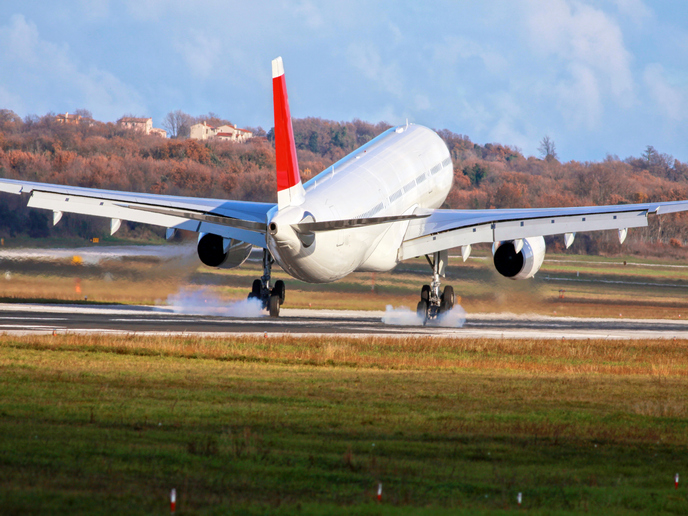State-of-the-art cooling technology for future electrical aeroplanes
To realise the vision of electrical aircraft, dropping the weight of embedded equipment will help to reduce the amount of power consumed. Today's aeronautical power electronics use liquid and/or air forced cooling systems. These techniques are a proven, reliable and robust technology. However, they are heavy and limited in extracting heat flow generated from high power and dense converters. To address this issue, the EU-funded BECOOL (Bi-phase cooling system suitable for power electronics dedicated to more electrical aircraft) project set out to develop a complete cooling system based on biphasic techniques. Overall, the aim was to considerably reduce thermal constraints, weight and dimensions of power electronics modules. Work began by defining the thermal management specifications of the future power module. A state of the art and trade study of existing and advanced biphasic cooling techniques confirmed that the BECOOL concept is completely new and no off-the-shelf product exists. It also can potentially solve the main issues associated with an actual diphasic loop system. Project partners used thermal tools to tune the parameters of the loop as the volume flow rate of the pump, the working temperature of the expansion tank and the efficiency of the condenser. The BECOOL solution is able to absorb 600 watts of power, with the power converter's working temperature limit at around 90 degrees Celsius. The BECOOL team performed tests on the equipment with real power modules. Additional tests showed that the evaporator responds rapid to reach the working temperature of the power module when charged. Lastly, scientists defined a list of technical modifications to improve the cooling system and confirm its final size and weight. BECOOL introduced a cooling system with optimised thermal and physical performance. On-board power efficiency should smooth Europe's path to more electrical aircraft.







